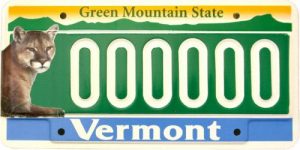I’ve just finished working on a small-scale Scalar project using a paper I’d presented five years ago at the annual meeting of the Western History Association (WHA) in Denver, Colorado. I’ve done nothing more than use my introduction, rendered it as a page, and then use several different Scalar features to enhance content or provide sidebars and citations. It might seem like a pretty modest transformation, but I already see where I might be able to create a reading experience where one has as much or more access to scholarly apparatus than with traditional print, as well as going beyond references to afford additional support to the reader.
Yet what struck me most was the challenge or necessity to write in a way which might work both on the printed page and in a scalar project. In short, I needed to be able to “chunk” this paper into meaningful sections — there was no entitled “Introduction” before I undertook this project — but also not lose the qualities of the long-form for print. Much of this seems akin to what JSTOR has begun to explore in its examination of the future of the monograph as a scholarly form.


